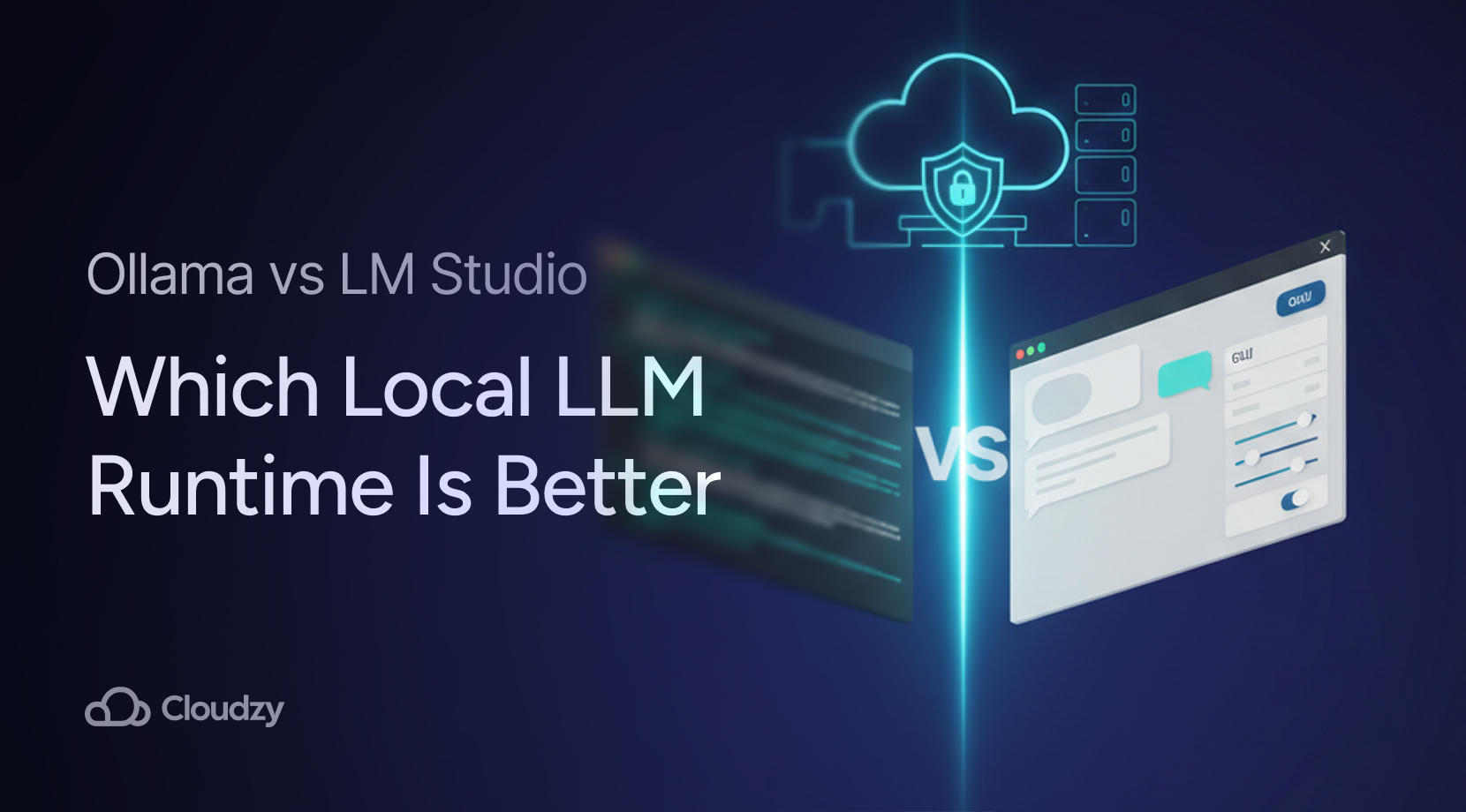Ecommerce currently makes up an estimated 24% of worldwide retail sales—a reality made possible by the online commercial space. This change highlights the undeniable need for the ecommerce platforms to facilitate transactions and improve the quality of life for both entrepreneurs and consumers. Platforms like Shopify have been relevant to the evolution of the online business environment; however, many people have started looking other ways due to the desire for more efficient, cost-effective, and highly customizable solutions.
The Best Shopify Alternatives at a Glance
Here is a table specially curated to detail out the most interesting alternatives available to Shopify, hence showing certain features for several business needs:
| No. | Platform | Best For | Key Features | Pricing |
| 1 | WooCommerce | Customizable WordPress stores | Open-source, flexible, many plugins, full ownership | Free (hosting & plugins extra) |
| 2 | Fourthwall | Creators & influencers selling merchandise | Built-in memberships, digital downloads, and print-on-demand | Starts at $0/month (with fees on sales) |
| 3 | Gumroad | Selling digital products & memberships | Simple storefront, built-in payments, subscriptions, and digital downloads | Free with fees on sales, paid from $10/month |
| 4 | Weebly | Beginners wanting an easy-to-use website builder | Drag-and-drop builder, integrated eCommerce, and SEO tools | Free plan available, paid from $6/month |
| 5 | Square Online | Small businesses needing POS integration | Integrated with Square POS, easy to set up | Free plan available, paid from $12/month |
| 6 | Magento | Enterprise-level businesses | Highly customizable, advanced inventory management | Free (Magento Open Source), Enterprise pricing varies |
| 7 | BigCommerce | Scaling large online businesses | Built-in SEO, multi-channel selling, no transaction fees | Starts at $39/month |
Why You’re Looking for Shopify Alternatives
In an age where e-commerce is constantly changing, people are frequently looking for the best Shopify alternative because they want more flexibility, cost-effectiveness, and control over their online store. Platforms that provide a highly customizable environment, strong inventory management systems, and a smooth integration with a variety of payment methods are becoming more and more important to entrepreneurs, whether they run small businesses or large online enterprises. Furthermore, the possibility of complete control, free from the third-party app dependencies, is frequently what makes an open source or free alternative to Shopify so alluring.
How to Choose the Right eCommerce Website
Choosing an e-commerce solution is a complex process that involves a careful assessment of multiple crucial factors, going beyond a simple feature comparison:
Methods of Payment
Make sure the platform supports a wide range of credit cards, payment gateways, and payment processors when examining Shopify alternatives. For a safe transaction, a strong payment processing system is essential, especially if your company requires real-time payment processing and features similar to Shopify Payments.
Customization Options
The level of customization is crucial, particularly if you want to integrate different third-party apps and marketing tools and have a distinctive shopping cart experience. This ideal is best represented by platforms like WooCommerce and Magento, which provide open-source frameworks that enable you to customize your e-commerce store.
Additional Points to Discuss
Additional points are of equal importance:
- Scalability: A growing eCommerce business should be scalable with no performance cost.
- User Experience: Easy-to-use design, responsive customer support, and seamless integration of features like inventory management, SEO integration, and real-time analytics occupy number one spots in the entire shopping experience.
- Cost Structure: For cost, don’t only think of the initial cost but also about the potential of unexpected expenses, like transaction fees or high-cost hosting and plugin services.
7 Shopify Alternatives: In-Depth Analysis
Below is a description of each alternative, including detailed pros and cons tables to help you navigate the competitive market.
1. WooCommerce
Overview:
Very flexible, open-source platform that plays nicely with WordPress, WooCommerce is known for being extremely flexible and having a large community of plugins, making it an ideal solution for merchants who desire complete ownership and control of their online store.
Pros and Cons of WooCommerce
| Pros | Cons |
| Highly customizable and flexible | Requires WordPress expertise |
| Large set of themes and plugins | Additional fees for hosting and sophisticated extensions |
| No license fees—use without charge | Technical knowledge are typically necessary for optimal installation |
2. Fourthwall
Fourthwall is for influencers and creators; it has a niche site with built-in membership, digital downloads, and print-on-demand features, allowing simple monetization of one-of-a-kind merchandise and digital content.
Pros and Cons of Pros and Cons
| Pros | Cons |
| Integrated digital downloads and membership capabilities | Niche application may be too limiting for more universal ecommerce use |
| User-friendly interface aimed at creators | Commissions from sales can accumulate, devouring profit |
| Low setup fee with start-up fee plan | May not have the high degree of customization offered in bigger platforms |
3. Gumroad
Gumroad is a minimal platform that suits the sale of digital goods and memberships. It facilitates easy storefront creation with inbuilt payment functionalities and subscription handling.
Pros and Cons of Gumroad
| Pros | Cons |
| Easy setup of digital products and subscriptions | Some limitations in physical product customization |
| Inbuilt payment processing ensures seamless transactions | Sales fees dependence can cut into total margins |
| Suits creators and digital entrepreneurs best | Not suited for businesses seeking advanced ecommerce functionality |
4. Weebly
Best for beginners, Weebly’s simple drag-and-drop interface allows even beginners to construct great-looking online stores without extreme technical knowledge. It finds balance between ease and core ecommerce capabilities.
Pros and Cons Weebly
| Pros | Cons |
| Simplified interface for effortless construction of websites | Customization options are limited |
| Integrated SEO and marketing functionalities enhance online exposure | Scalability prove to be a challenge to companies with quick expansion |
| Low price with high-power free version available | Misses some more advanced features that larger ecommerce operations would need |
5. Square Online
Square Online offers an appealing option for small businesses looking to seamlessly integrate with offline point-of-sale (POS) systems. Its simplicity in setting up and its native payment processing make it a good choice for those transitioning from online to offline environments.
Pros and Cons of Square Online
| Pros | Cons |
| integration with Square POS systems | Fewer design and customization options |
| User-friendly with minimal setup | Fewer integrations than more feature-heavy platforms |
| Competitive pricing with a free option plan | Transaction fees might be applied and affect the overall cost-effectiveness |
6. Magento
Magento is an ecommerce complexity gem, best for enterprise-level ventures that require a robust, scalable solution. Its highly configurable architecture allows it to be easily modified, thus making it the perfect shopify open source alternative for those possessing the technical know-how to explore its potential.
Pros and Cons Magento
| Pros | Cons |
| Highly customized and scalable | Very high technical know-how-intensive learning curve |
| Great enterprise-level functions and inventory handling | Hosting and maintenance charges could be costly |
| Widespread community support and availability of resources | Overkill for smaller, less sophisticated ecommerce businesses |
7. BigCommerce
BigCommerce offers a robust set of features that fulfill the scaling needs of large online shops. Its in-built SEO features, multi-channel selling, and absence of transaction fees make it a solid option in the list of shopify competitors.
Pros and Cons BigCommerce
| Pros | Cons |
| Strong SEO tools and multi-channel selling integrations | More expensive starting point than some alternatives |
| No transaction fees enhance affordability | Initial interface can be complex to beginners |
| Scalable to accommodate business growth without sacrificing performance | Fewer themes available than on other platforms |
Conclusion
In the competitive ecommerce solution business, smart owners are given the list of options to choose from hence taking the path toward the consideration of a platform adaption with their present operations and future goals. Many Shopify alternatives: From the open-source flexibility of WooCommerce to the enterprise-class capability of Magento ensure that there is a choice for each and every online business, be it big or small, irrespective of its niche and type. Through a careful consideration of the issues such as payment processing, personalization, scalability, and customer support, merchants can forge a path towards a more seamless and personalized buying experience – one that diverges from mainstream ecommerce.
FAQ
What is the best alternative to Shopify?
The best alternative truly depends on your specific business requirements. For users who need a very customizable and shopify free alternative, WooCommerce would be an excellent choice. If, on the other hand, your priority is an enterprise solution with robust inventory management, Magento might be a better alternative.
Which Shopify alternative is ideal for beginners?
Sites like Weebly have a simple drag-and-drop feature and easy-to-use design software, making them especially ideal for beginners to create ecommerce websites.
When Is PrestaShop a Good Option?
-
You want an open-source eCommerce platform.
-
You have a developer or agency to manage setup and maintenance.
-
You’re launching in Europe (especially France or Spain), where PrestaShop has a strong user base.
Are there cheap or free alternatives to Shopify?
Yes, there are some alternatives like WooCommerce and Magento Open Source that are free to implement. However, note that one needs to factor in extra expenses like hosting, advanced plugins, and possible transaction charges.
Q: What is the best way to select the right ecommerce platform for my business?
A: onsider integrated payment processors, customization, scalability, and support. Weigh each platform’s pros and cons against your business model—whether you’re a small business or enterprise—ensuring that your solution can scale with your business goals.



